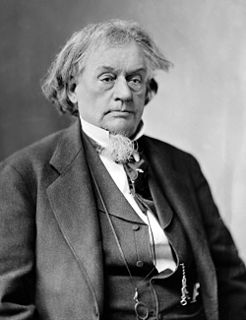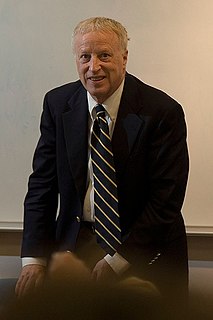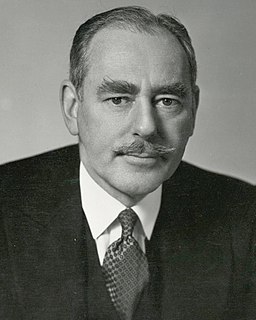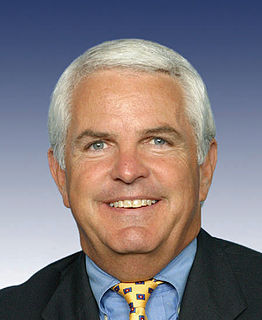A Quote by George Washington
The great rule of conduct for us, in regard to foreign nations, is, in extending our commercial relations, to have with them as little political connection as possible.
Related Quotes
The great rule of conduct for us, in regard to foreign nations, is in extending our commercial relations to have as little political connection as possible... Why, by interweaving our destiny with that of any part of Europe, entangle our peace and prosperity in the toils of European ambition, rivalships, interest, humor, or caprice?... It is our true policy to steer clear of permanent alliances with any portion of the foreign world.
The sneaking arts of underling tradesmen are thus erected into political maxims for the conduct of a great empire; for it is the most underling tradesmen only who make it a rule to employ chiefly their own customers. A great trader purchases his good always where they are cheapest and best, without regard to any little interest of this kind.
I sincerely join you in abjuring all political connection with every foreign power; and tho I cordially wish well to the progress of liberty in all nations, and would forever give it the weight of our countenance, yet they are not to be touched without contamination from their other bad principles. Commerce with all nations, alliance with none, should be our motto.
These are no ordinary claims; and it seems hardly possible for a rational being to regard them with even a subdued interest; much less to treat them with mere indifference and contempt. If not true they are little else than the pretensions of a bold imposture, which not satisfied with having already enslaved millions of the human race, seeks to continue its encroachments upon human liberty, until all nations be subjected under its iron rule.
The principal purposes to be answered by union are these the common defense of the members; the preservation of the public peace as well against internal convulsions as external attacks; the regulation of commerce with other nations and between the States; the superintendence of our intercourse, political and commercial, with foreign countries.
If the resources of different nations are treated as exclusive properties of these nations as wholes, if international economic relations, instead of being relations between individuals, become increasingly relations between whole nations organized as trading bodies, they inevitably become the source of friction and envy between whole nations.
Some time ago a little-known Scottish philosopher wrote a book on what makes nations succeed and what makes them fail. The Wealth of Nations is still being read today. With the same perspicacity and with the same broad historical perspective, Daron Acemoglu and James Robinson have retackled this same question for our own times. Two centuries from now our great-great- . . . -great grandchildren will be, similarly, reading Why Nations Fail.
We need a leader who has a sense of balance, an understanding of the ebb and flow of history and a sense of our country's unique place in it. This is a foreign policy debate, and you cannot conduct foreign policy without a sense of what we are fighting for. And any President who can reduce the conduct of this country's affairs to a morning's attack by a bunch of demented fascists does not, in my view, understand what this great nation is all about.
We are not wholly patriotic when we are working with all our heart for America merely; we are truly patriotic only when we are working also that America may take her place worthily and helpfully in the world of nations . . . Interdependence is the keynote of the relations of nations as it is the keynote of the relations of individuals within nations.































